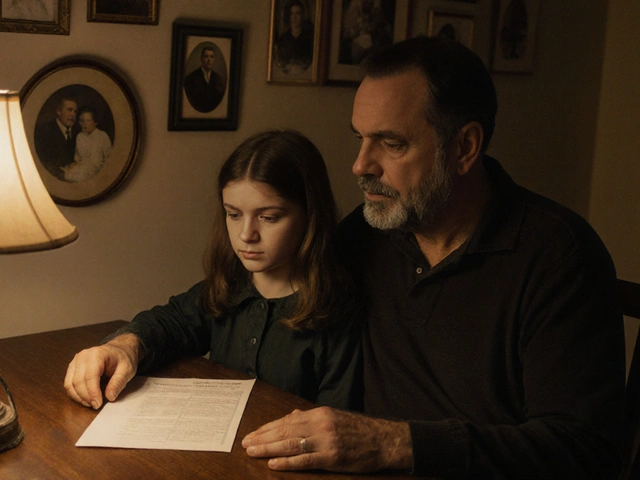Employee Wellness Made Simple: Real Tips You Can Use at Work
Feeling stretched thin at the office? You’re not alone. Many workers juggle deadlines, meetings, and personal life, and the result is often fatigue, stress, or even minor injuries. The good news? Small changes add up fast. Below you’ll find bite‑size actions you can start today to feel better, work smarter, and keep your team energized.
Quick Stress‑Busters You Can Do at Your Desk
Stress isn’t just a mental thing—it hurts your body too. One easy habit is the 4‑7‑8 breathing technique: inhale for 4 seconds, hold for 7, exhale for 8. Do it three times before a big call and notice the calm. Another trick is a short “power pause.” Stand up, stretch your arms overhead, roll your shoulders back, and give your eyes a break from the screen for 30 seconds. These moves reset your nervous system without interrupting workflow.
If you have a few minutes, try a mini‑mindfulness break. Close your eyes, focus on the sound of your breath, and let thoughts drift by. Even a 2‑minute pause can lower cortisol, the stress hormone, and improve focus for the next task.
Fit‑Inside‑The‑Office: Move More Without a Gym
Walking meetings are a win‑win: you get fresh ideas and extra steps. If a full walk isn’t possible, set a timer to stand up and march in place for a minute every hour. Adding a desk cycle or resistance band can also turn idle time into strength training. For those dealing with post‑surgery scars or tight muscles, gentle yoga stretches (like cat‑cow or seated forward fold) can improve mobility and reduce discomfort. Our guide on Yoga and Stretching for Scar Healing breaks down safe poses you can adapt right at your chair.
Nutrition matters, too. Keep a stash of easy‑grab snacks such as nuts, fruit, or a protein bar. If you’re curious about supplements, check out evidence‑based reviews on items like noni juice, selenium, or tannic acid. Knowing the right dose and potential side effects helps you decide if a supplement fits your health plan.
Beyond the physical, mental wellness thrives on connection. Schedule a quick coffee chat with a coworker you don’t usually talk to. Sharing a laugh or a personal update builds trust and reduces feelings of isolation. If your company offers an employee assistance program (EAP), use it—confidential counseling can be a game‑changer during stressful periods.
Finally, create a personal wellness checklist. List three things you’ll do each day: a breathing break, a movement burst, and a positive interaction. Review the list weekly and tweak as needed. Consistency beats intensity; tiny habits become big results over months.
By weaving these practical steps into your daily routine, you’ll feel more energetic, focused, and resilient. Remember, employee wellness isn’t a one‑size‑fits‑all program—it’s a collection of habits that suit your job, body, and mind. Start small, stay consistent, and watch your workday transform.

Workplace HIV Testing: Why Offering It Benefits Employees
Discover how workplace HIV-1/2 testing boosts employee health, reduces stigma, saves costs, and meets legal standards. Learn steps to implement a successful program.
Sep 22 2025




